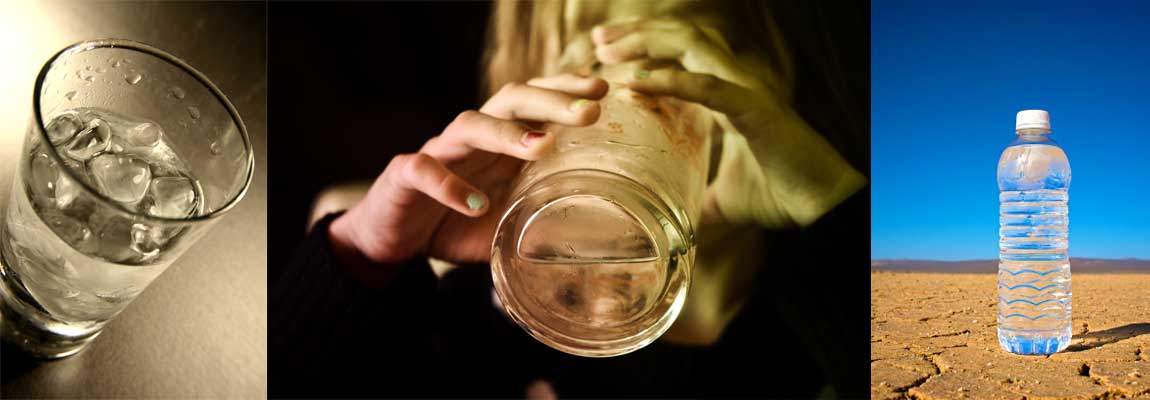Jul 29 2016.
views 743Keeping kids hydrated
With school coming to an end and the holidays rolling in, this is the time for family vacations. In our hot and tropical island, most of the activities are done outdoors and in warm environments.
Children, being children, will not keep hydrated unless prompted. Their only mission is to enjoy the day playing. Unless we make sure they are actively keeping themselves hydrated with the right liquids, they would not do so.

The following is a conversation we had with Dr. Anoma Chandrasekara, in which she educated us as to why we should make it a priority to keep our children hydrated in this warm climate.
Q. What is dehydration?
More than 90% of the body's cells are comprised of water. This amount of water is essential for the proper biochemical functions of body cells such as producing energy, utilising nutrients, and enzymatic reactions. If appropriate water levels are not well maintained, the situation is called as dehydration.
Q. What happens to the body when dehydrated?
Under this condition, the body temperatures will not be well regulated. So, the system will eventually heat up. Further, a majority of the body wastes and toxins are removed from the body in the form of urine. In dehydration, this waste removal process will also not function optimally.
Q. How are our children affected?
Childhood is a time for high activity and rapid growth. Biochemical reactions are more efficiently taken place in children’s bodies than in adults. With their high activity levels, more water is lost from their bodies as sweat, exhalation air and urine. Water loss through sweating is even greater in sunny days, when they play outside. So children are at high risk of dehydration due to high demand as well as high losses of water.
Q. Why do children not proactively drink fluids, unless prompted?
At this age, children usually have to ask to be provided with water, often relying on their caregivers to provide them with essential fluids. Moreover, children do not recognise the early stages of thirst. When they feel like drinking water, they may be already dehydrated. Recent research suggests that even mild dehydration can lead to reduction in concentration and mental performance in children.
Q. How much fluids should a child consume in proportion to his or her age?
The amount of fluids one should take varies with age, gender, activity level, weather etc. But as a general guideline children of age 4 – 13 should consume nearly 1.2 – 1.5L of fluids which is around 6-8 glasses. Younger children may consume around 150 ml of water at a time, whereas older children should target to drink 200 – 300 ml of water at a time.
Q. What sort of fluids do you recommend, from a nutritional point of view?
Drinking water is a good choice compared to other beverages as it keeps the body well hydrated without providing calories. It is important to make a habit of drinking water after each meal as well as in between meal times. In addition to water, children can be encouraged to regularly consume milk (1-2 glasses), as a strategy to boost fluid intake. This will facilitate them to meet their high calcium demands too. Having natural fruit juices as snack choices is also another good way to improve fluid intake of children. In addition, water from king coconuts and immature coconuts will serve as healthy choices which will provide the necessary fluids as well as electrolytes required during heavy physical activities. However, sugar sweetened artificial beverages should not be promoted in children as a strategy for hydration. Rather than hydrating, these can give rise to many other long term detrimental outcomes, if practised as a habit.
Expert Advisor

Interviewed by Mayuri Jayasinghe
0 Comments